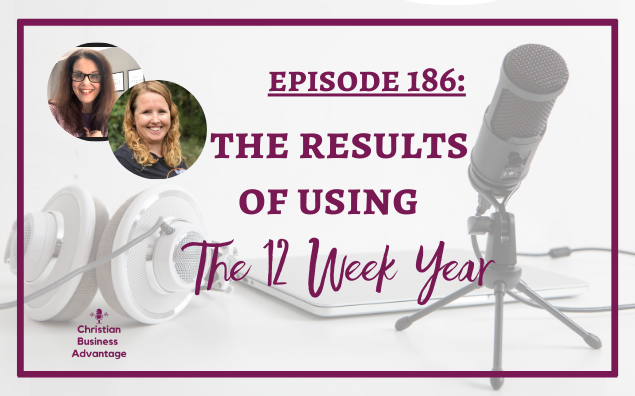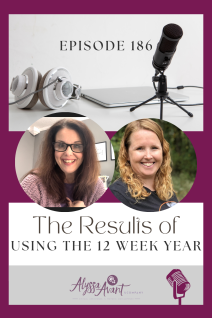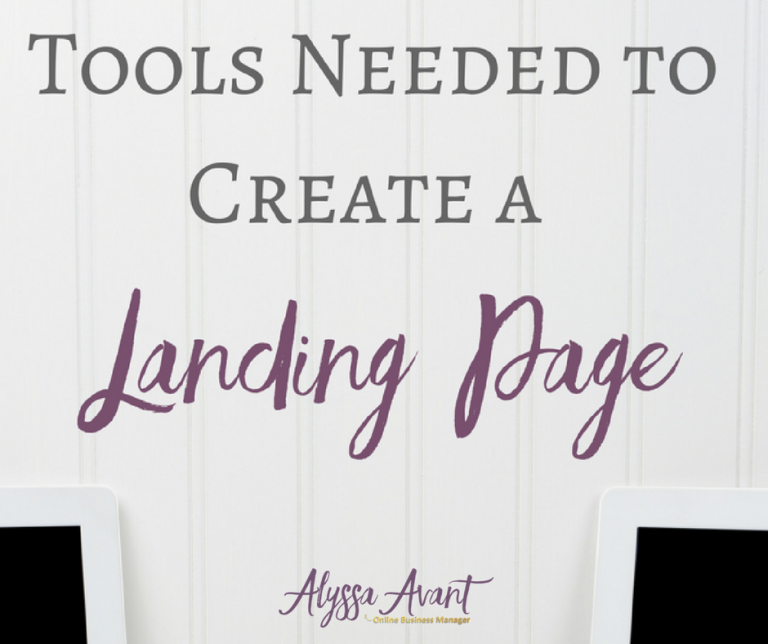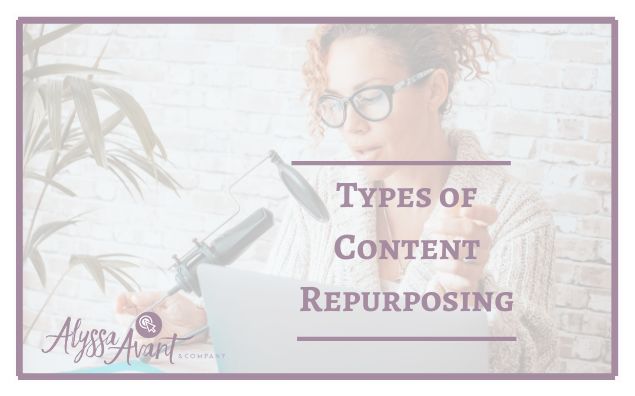The Results of Using The 12 Week Year
In this episode of the Christian Business Advantage Podcast, we wrap up the September series on the powerful concept of The 12 Week Year based on the book by Brian P. Moran! I’m once again joined by my friend and accountability partner, Trisha, and in this final episode we share the real-life results we’ve achieved by breaking down big goals into manageable 12-week sprints. From launching a virtual summit to staying on track with business and personal milestones, we discuss how systems, accountability and celebrating small wins can transform your approach to goal setting.
Did you miss the previous podcast episode where Trisha and I shared how our accountability relationship has enabled us to be encouraged and motivated while setting, tracking and achieving our goals? Click the title “The Importance of Accountability Partners” to revisit the blog and learn the benefits of being supported and held accountable in your everyday business tasks. Don’t forget to grab a copy of The 12 Week Year by Brian P. Moran to start your own journey to success!

The Results
Alyssa: So let’s talk about the results that we have seen from using the concept of The 12 Week Year, creating a set of goals and plans and being able to have a system. I’m all about systems to track those goals and plans, but also having that accountability.
I don’t really remember when we started using The 12 Week Year, sometime after 2016 and before 2020? I remember us using this loosely during the pandemic in a little different way. But we’ve been using this, we could at least say four, five years probably.
How has that made a difference in your life and your business?
Trisha: I have to be honest. I am not very good at long term. I would set the goals at the beginning of the year. I would either procrastinate too long that I couldn’t get it done, or I wouldn’t do it at all. Or it would be out of sight and out of mind, and I would forget about it.
For me, it broke it down into small manageable chunks. I wasn’t stressed and overwhelmed.
And it was in front of me every day. So I didn’t forget about it. I went from just not really accomplishing the things that I would have accomplished to looking back and being like, Wow, look at all the things!
I really should go back and make a list of all the goals I’ve met. I should look back and see. So many things have actually been accomplished versus just forgotten about or not done at all.
Alyssa: Exactly. I would have these big goals in my brain that were whirling around and I would say, Oh, I’ll get to them someday.
I’ll give you an example. This past spring during May, I created, launched and held a virtual summit for Christian virtual assistants. That is something I’ve wanted to do for a really long time! The concept of The 12 Week Year enabled me to split that into manageable pieces and chunks and have that accountability.
I would have never done that because I had it on my big goals list for probably five plus years. And like you said, I would write them in the back of my planner. I would write my goals for the year and then I would shut the planner and I would forget about them. It was just out of sight, out of mind.
For me, that was always the case with my goals – they were out of sight, out of mind. The 12 Week Year method has helped me to look at it in a smaller, manageable chunk of time and set a goal.
Or thinking, Okay, I’m going to do something to celebrate when I reach that goal, but it looks like it’s so far away that you can’t attain it versus you’re setting a 12 week goal and every week you’re checking something off. To me, that’s like a little mini celebration. I’m able to see that I’m making progress – that has helped me more than anything.
And for me, an added benefit is we have been able to talk about life stuff that we’re struggling with, which for a woman especially is huge because there’s only so many times you can complain to your husband about something.
The Starting Point
Alyssa: How would you encourage someone who maybe has heard this podcast and is interested in the concept? What would you tell them to do?
Trisha: Really, you just have to start somewhere. I feel like this is not new knowledge, but you just have to start somewhere.
We started and followed the book very tightly at the beginning. As you go, you make changes to figure out what works best for you.
So the key is just start. Start with one goal. It’s fine. Start small, be willing to be flexible and adjust as you go.
Know that life’s going to be busy and sometimes the train may go off the track a little bit. Get back on the track the next week and keep going.
I remember you always saying the quote, but you have to have a plan. So this is your plan. You should tell them the quote. I don’t remember it.
Alyssa: I believe it’s, A dream is just a wish without a plan. I’ll find the person so I can give them proper credit. Another of my favorites that we can end on is, To fail to plan is to plan to fail.
That has helped me throughout this process and having my business for so long, I know if I can plan it, it’s more likely that I’m going to be able to achieve it!
I hope you’ve enjoyed this series on the podcast and I want to thank my friend, Trisha for joining me. It was truly so much fun to do! I want to encourage you to pick up a copy of the book, The 12 Week Year by Brian P. Moran, and implement its concepts into your life especially if you want to achieve some goals that you’ve been procrastinating on.
Questions? Join the Group!
If you have specific questions about hosting a virtual summit, I’d love to get those because that would help me to make sure that I’m covering everything that you’re interested in knowing during this series on the podcast. You can submit your questions inside The Christian Business Advantage Facebook group. I look forward to seeing you there!







